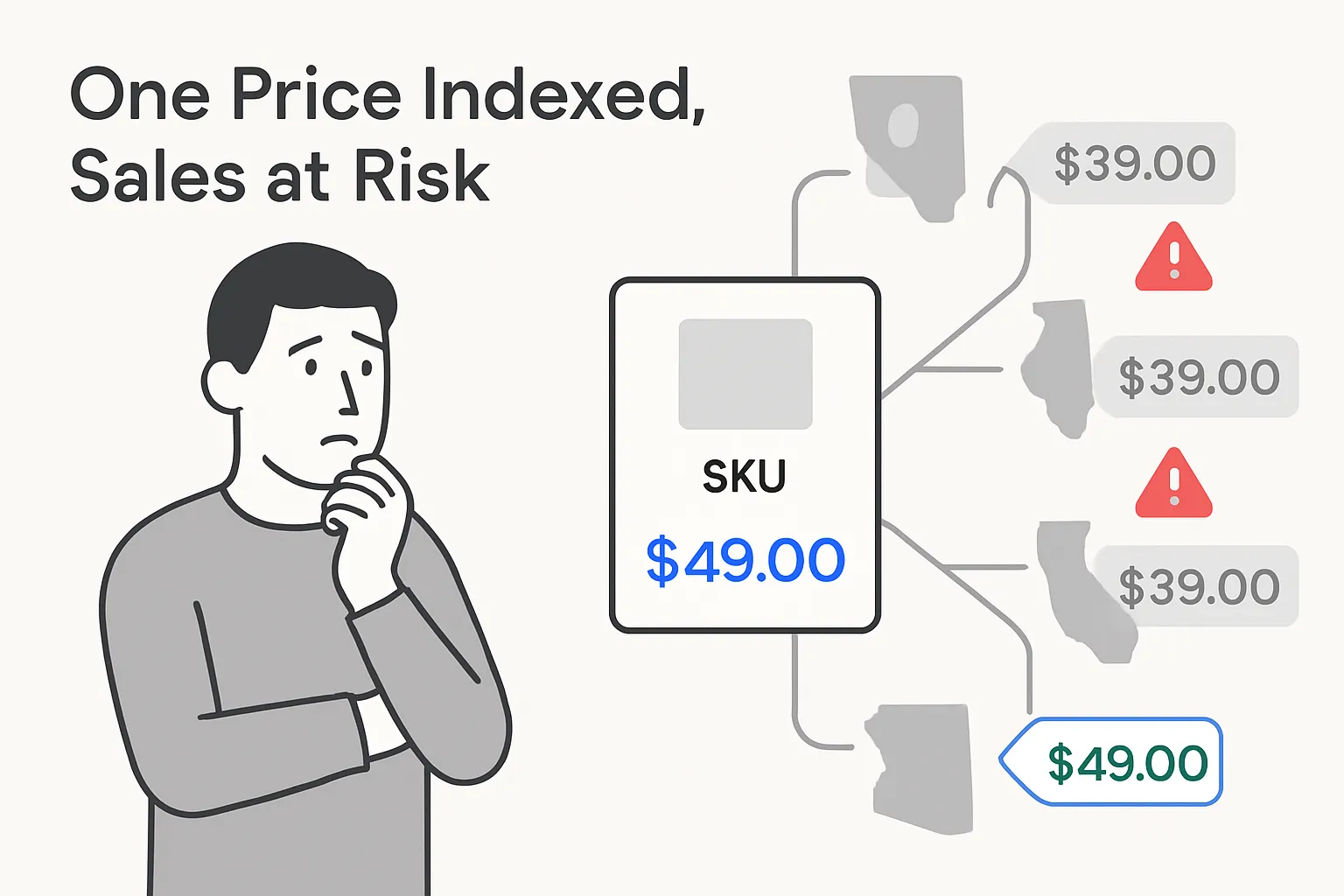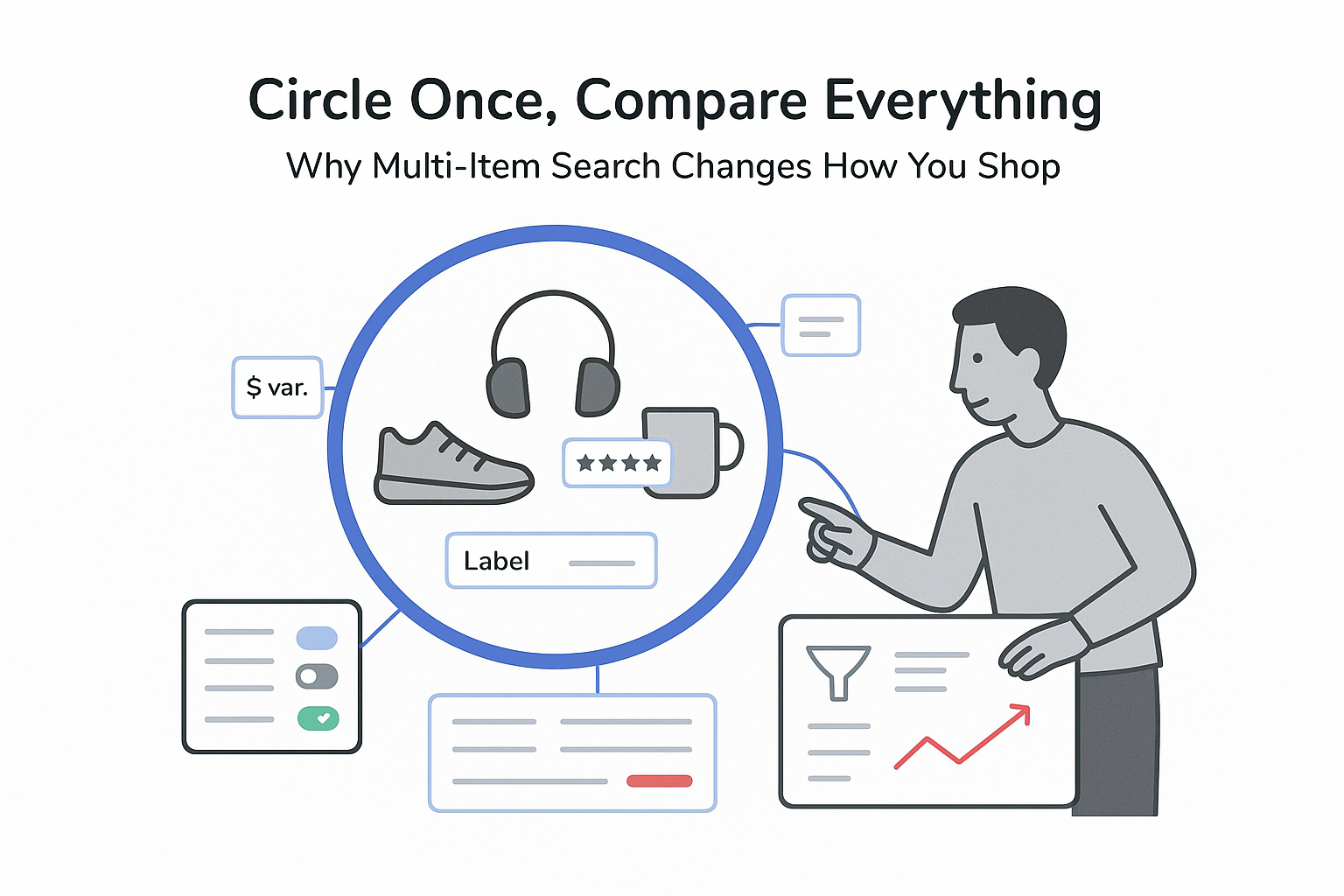Google used its April 2025 SEO Office Hours to clarify how retailers should communicate state-specific product prices in Search. The company reiterated that it indexes only one version of a product page, so regional price differences must be handled through structured data instead of on-page swaps.
Google’s guidance for state-based pricing
Search Advocate John Mueller explained that Googlebot crawls each product URL from a single U.S. location and stores only the price it encounters at that moment. To avoid mismatches and lost rich results, merchants should:
- Use the shipping and tax properties in Product structured data to reflect state-level surcharges.
- Create separate product pages - each with unique identifiers - if the actual price must vary by state.
- Ensure the visible price on the page matches the amount declared in the structured data.
Mueller stressed that Google has no mechanism to retain multiple prices for a single SKU. When different amounts are unavoidable, merchants must treat each variant as a distinct product entry.
Hear Mueller’s full response in the video.
Why structured data matters
Google has long required price consistency between page content and Product schema to qualify for rich results. Declaring regional fees in JSON-LD prevents the “price mismatch” errors that can remove products from enhanced listings.
Two schema.org attributes handle most U.S. state variations:
- shipping - supports fixed or destination-based delivery costs.
- tax - captures mandatory charges such as California’s environmental fee.
Both attributes can be expressed in cents and tied to specific regions, following examples in Google Merchant Center documentation.
For reference, see Google’s guidance on the shipping attribute and the tax attribute.







.svg)